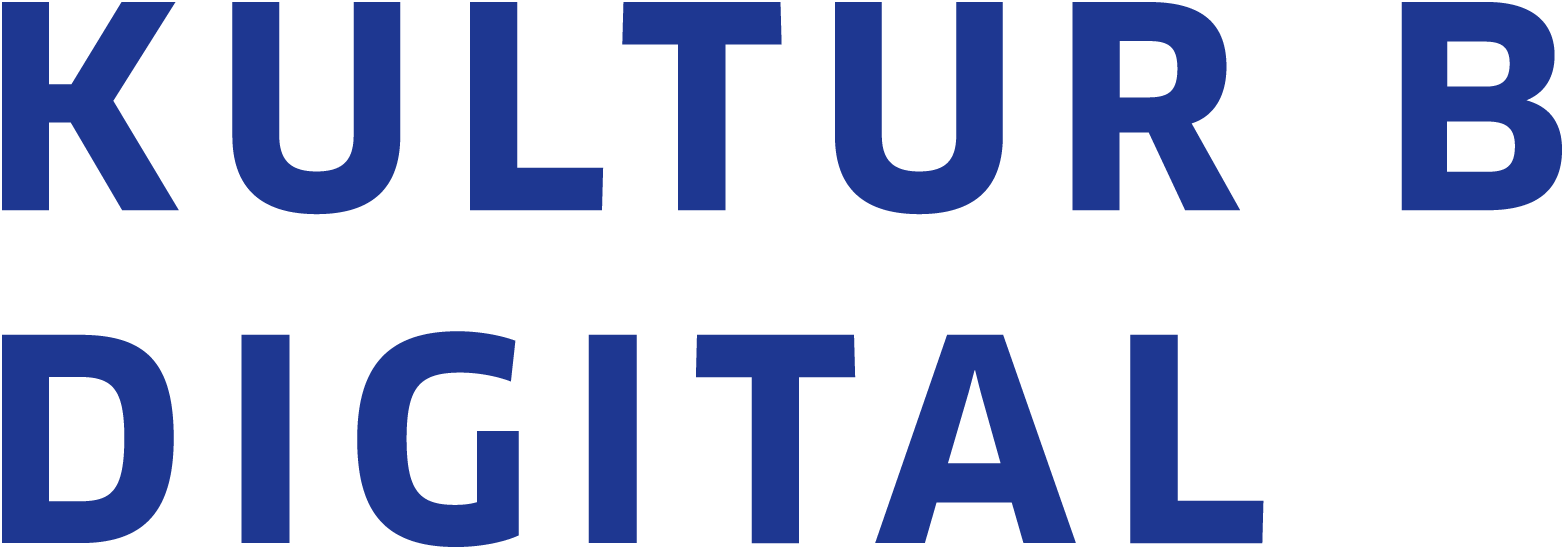Data Management, Participation, Open Access, Digital Skills: Read and watch the topics and contributions of our 2nd kulturBdigital Conference now online.
In many sectors – and especially in the free economy – the digital transformation has long been in full swing. But where does the cultural sector stand when it comes to digitality? How does the digital transformation affect theatres, libraries and museums? And how can new technologies be integrated where the aim is not just to make a profit but to inspire people and communicate culture? These questions – and the appropriate answers – were the focus of the second kulturBdigital Conference on the Digital Development of the Cultural Sector, which took place on 28 October in Berlin’s ufaFabrik and was funded by the Senatsverwaltung für Kultur und Europa.
Talks to watch and read:
The Technologiestiftung Berlin hosted six expert lectures and a discussion panel to explore the digital future of the cultural sector from all directions: Cultural practitioners and experts with digital know-how were able to contribute just as much as political decision-makers.
- Nicolas Zimmer (Technologiestiftung Berlin): 00111110 01000100 – Beyond Digitization (in German)
- Sabrina Apitz (Kulturförderpunkt Berlin / EGfKA / Berliner Gazette): Digital Mindset – Digital Cultural Change in Groups, Networks and Institutions (in German)
- Christiane Hütter (Netzwerk Invisible Playground): Initiative Interface – Digital Trade, Ensemble and Laboratory for Berlin? (in German)
- Dr. Antje Schmidt (Museum für Kunst und Gewerbe Hamburg): Open Access for further Use of Collections (in German)
- Anja Müller (Koordination Forschungs- und Kompetenzzentrum Digitalisierung Berlin digiS): Data Literacy – Cooperations, Data and Community (in German)
- Senator Dr. Klaus Lederer (Senatsverwaltung für Kultur und Europa): Fund for the Digital Development of the Cultural Sector (in German)
- Discussion: What role does Culture play in the Digitalisation of the City? (in German)
While some are wondering where to get the financial means for the digital transformation, others are still discussing what purpose the introduction of new technologies into the cultural sector should serve at all. Do theatres and museums voluntarily submit to the quantification logic of the economy when they engage in more and more data management and data analysis? Or can a smart approach to their data and new digital tools help them to become more visible again and increase their reach and relevance to an increasingly technology-oriented public?
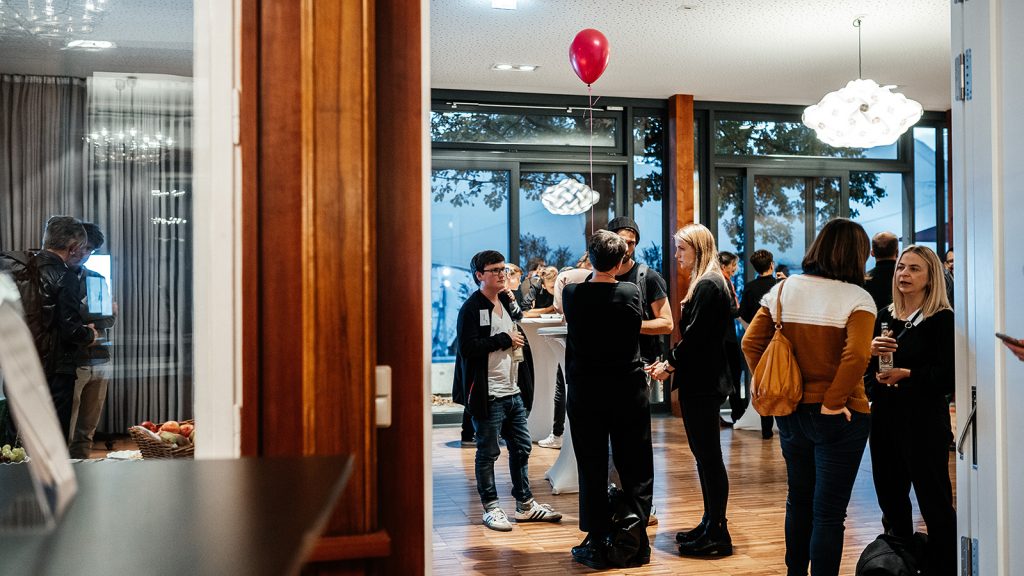
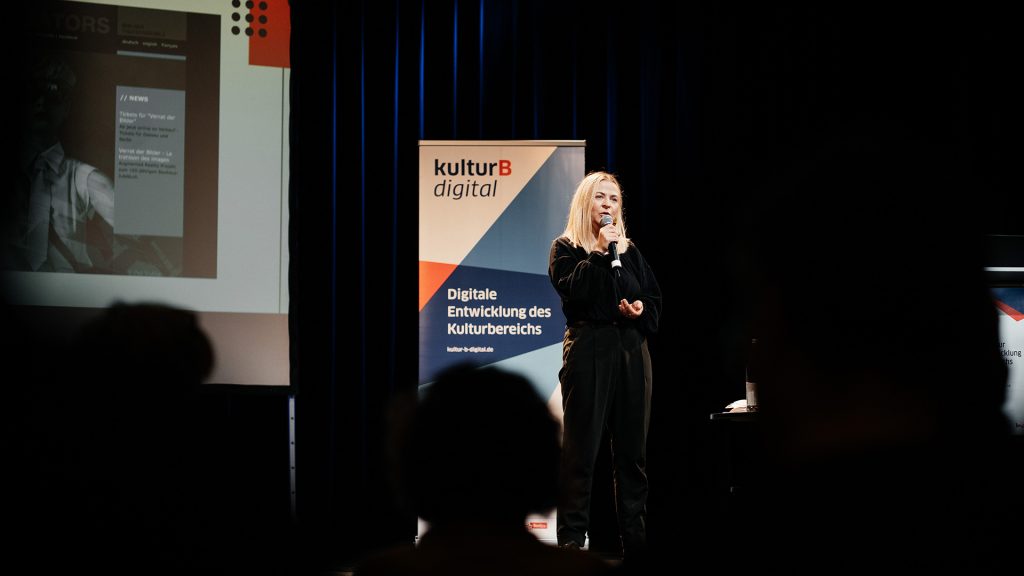
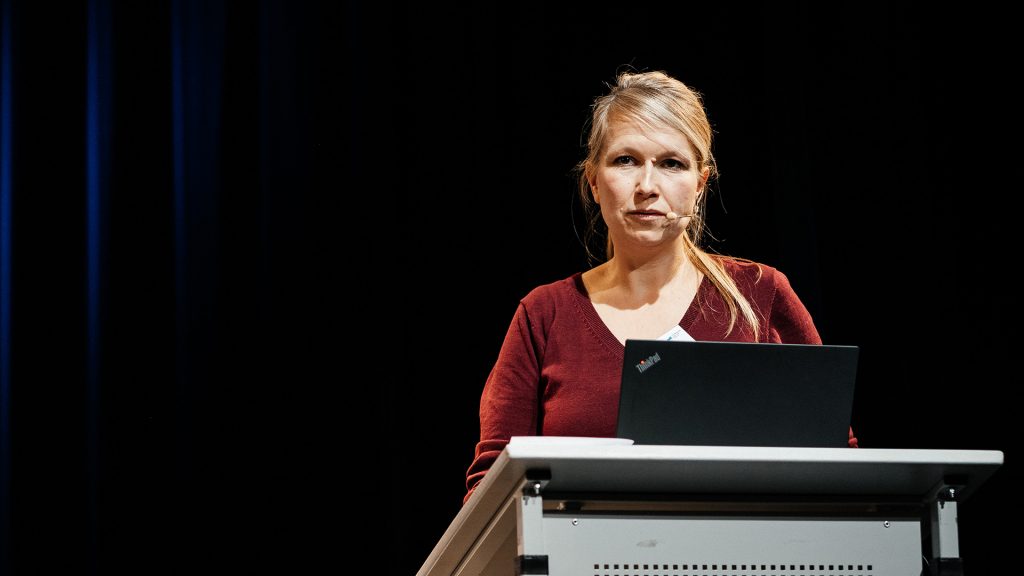
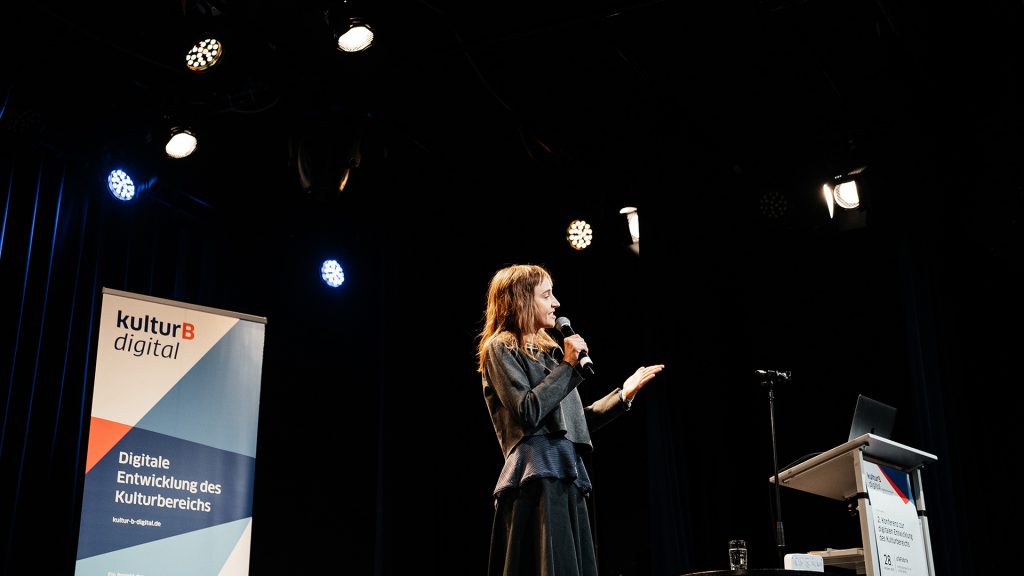
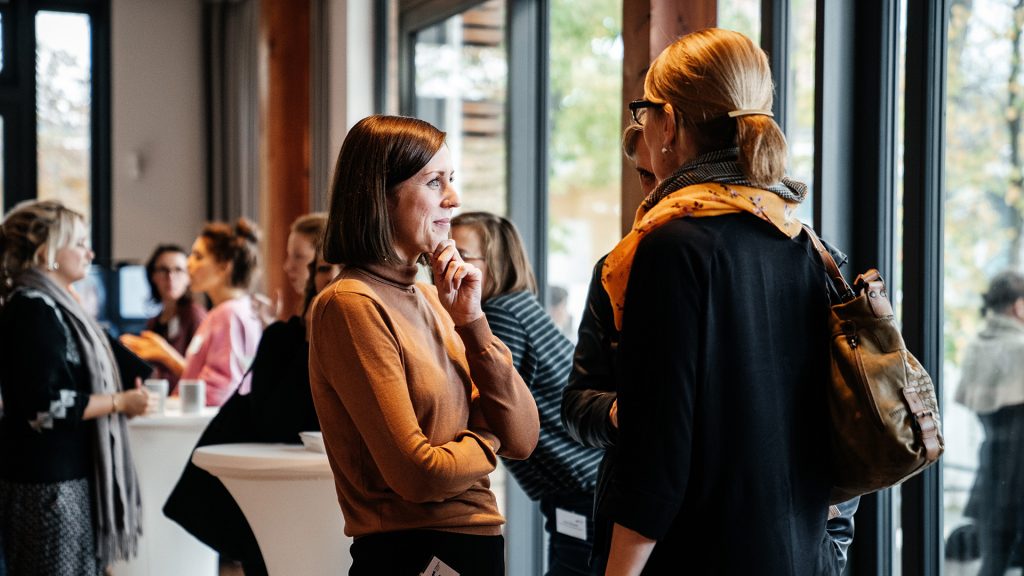
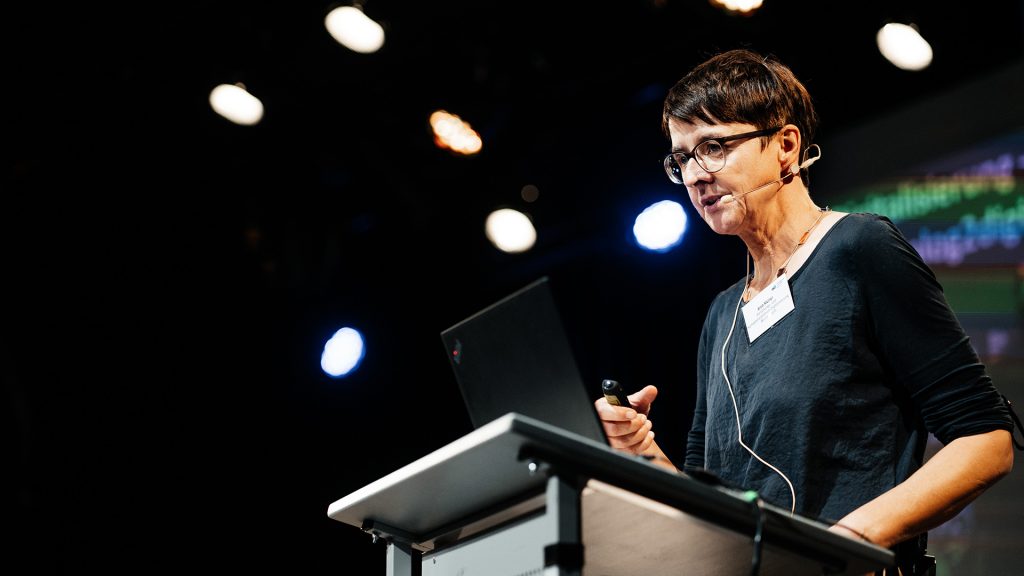
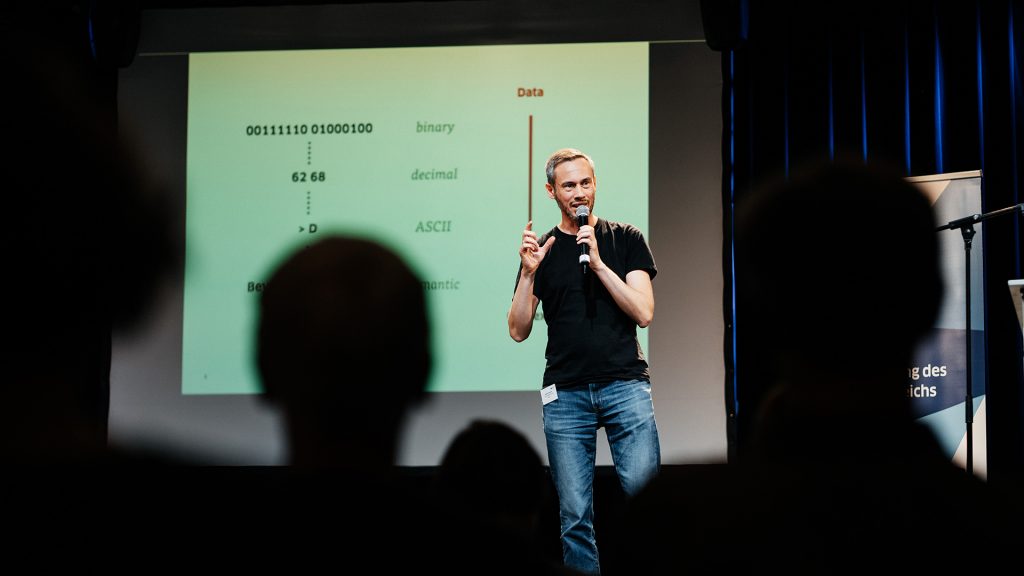
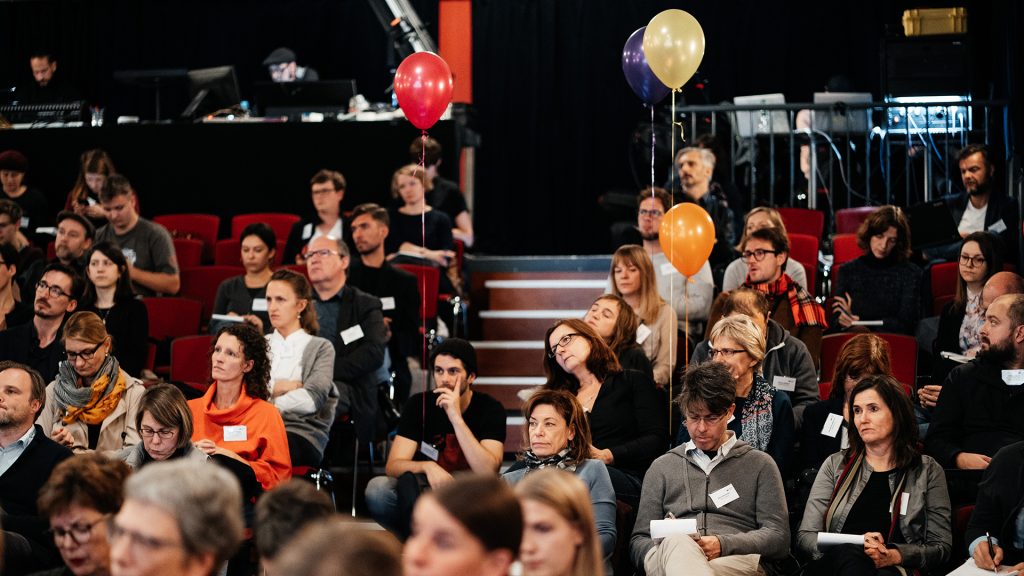
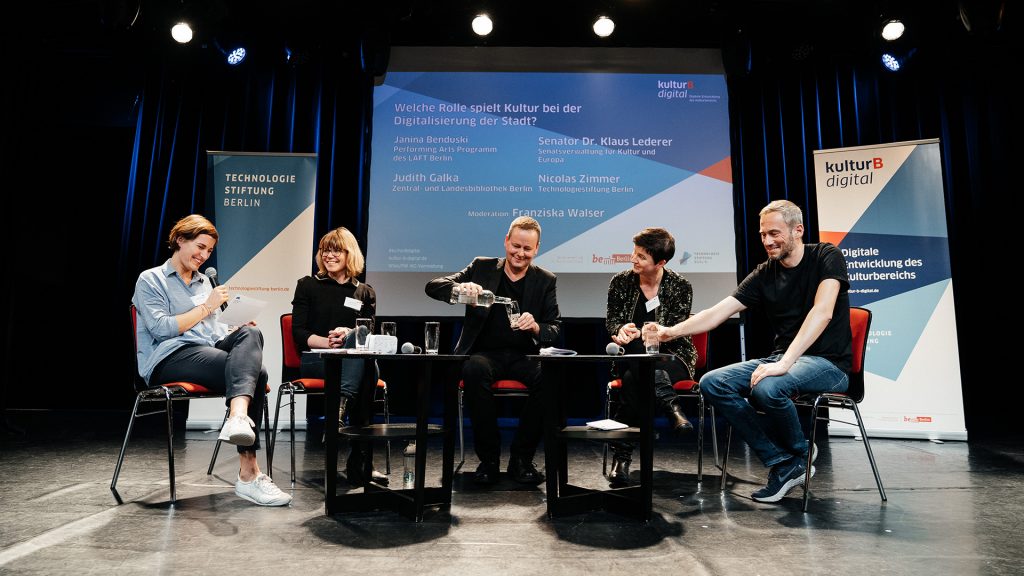
The answers to these questions are versatile – and differ depending on whether one asks in politics, the independent art scene or established cultural institutions. However, most agree in the analysis that the cultural sector is facing a fundamental process of change. For politicians like Senator Klaus Lederer, it is time to finally “create the basis for digital cultural work”. For Sabrina Apitz, what is needed above all is the promotion of a “digital mindset” in the cultural sector. Meanwhile, actors like Christiane Hütter call for “shared spaces” and more networking between technology-oriented representatives of artists’ initiatives and employees of theatres, museums and other cultural institutions in order to creatively accompany and implement the digital transformation.
Examples such as the Open Access formats of the Museum für Kunst und Gewerbe Hamburg show what is possible when cultural institutions fully exploit their digital possibilities and use them to their advantage – and what a future could look like in which digitisation plays a positive role in the cultural sector. For this to happen, however, most of the experts at the conference agreed that in the future it will be primarily a matter of advancing Audience Development with digital means and making good use of the funding from the Digital Development Fund in the cultural sector.
Conference Summary: Kai Schnier
See more
1st Conference on the Digital Development in the Cultural Sector 2018
3rd Conference on the Digital Development in the Cultural Sector 2020
4th Conference on the Digital Development in the Cultural Sector 2022 (in German)
